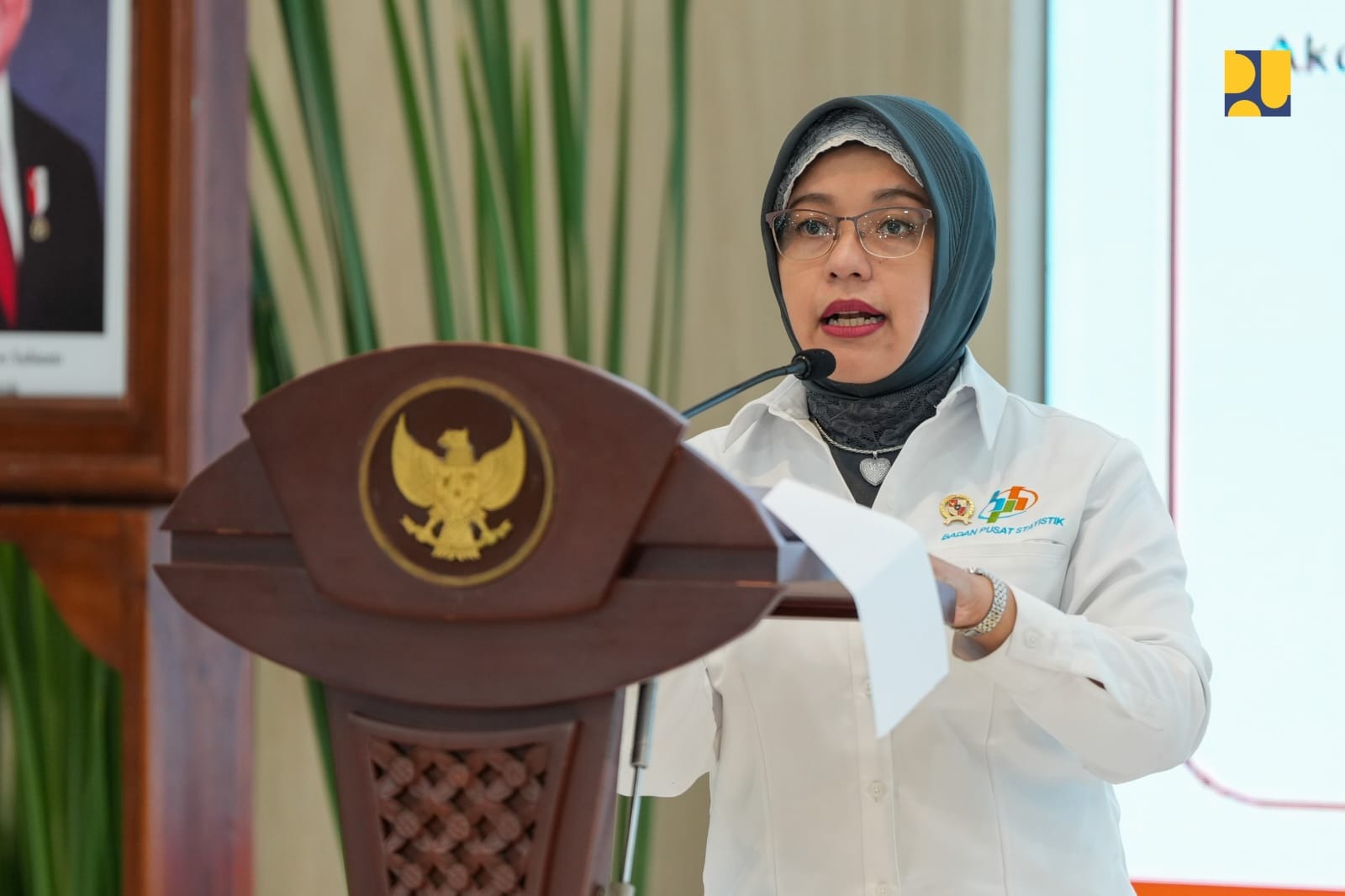Minister of Public Works, Dody Hanggodo, has reaffirmed his commitment to lowering Indonesia’s Incremental Capital Output Ratio (ICOR) below 6, framing it as a national priority. His remarks came during the signing of a Memorandum of Understanding (MoU) between the Ministry of Public Works and Statistics Indonesia (BPS), aimed at strengthening ICOR’s role as a key performance metric in development policy. The agreement, which aligns with the directives of President Prabowo Subianto, underscores a push for more measurable, effective governance in infrastructure projects. For Dody, ICOR reduction is not merely a technical exercise but a central pillar in ensuring growth translates into tangible welfare improvements.
The Minister emphasized that ICOR, first introduced to Indonesia by renowned economist Prof. Soemitro Djojohadikusumo, has long served as a gauge of development efficiency and economic growth. Since late 2024, the ministry has been working on applying ICOR systematically and has now embedded it within its five-year vision, branded as PU608. The PU608 framework commits to achieving an ICOR below 6, reducing poverty to near zero, and pushing economic growth beyond 8 percent, in line with the government’s broader Asta Cita agenda. Dody recalled that these priorities were reinforced in a cabinet meeting two weeks earlier, when the Finance Minister stressed the importance of ICOR as a regularly monitored performance benchmark.
According to Dody, the partnership with BPS represents a concrete step toward measuring the effectiveness of each development program. With enhanced statistical analysis, the Ministry of Public Works hopes to ensure that infrastructure investments deliver real benefits for national growth. The Minister expressed optimism that by 2025, Indonesia’s economy could grow by more than 5.5 percent, provided that efficiency gains in infrastructure spending continue. For him, lowering ICOR is not simply about fiscal prudence but about raising the quality of development outcomes across sectors.
BPS Chief, Amalia Adininggar Widyasanti, echoed this sentiment, noting that her agency would provide methodological support to refine ICOR analysis and better assess program efficiency. She stressed that the construction sector, as a labor-intensive industry, plays a major role in job creation, making ICOR improvements vital for ensuring each rupiah spent on infrastructure yields maximum impact. BPS data recently reported that Indonesia’s national economic growth for the second quarter of 2025 stood at 5.12 percent, driven by consumption and investment. This performance positioned Indonesia second in ASEAN after Vietnam, and second in the G20 after China—an achievement officials say could be further strengthened through more efficient capital use.
Alexander Jason – Redaksi



